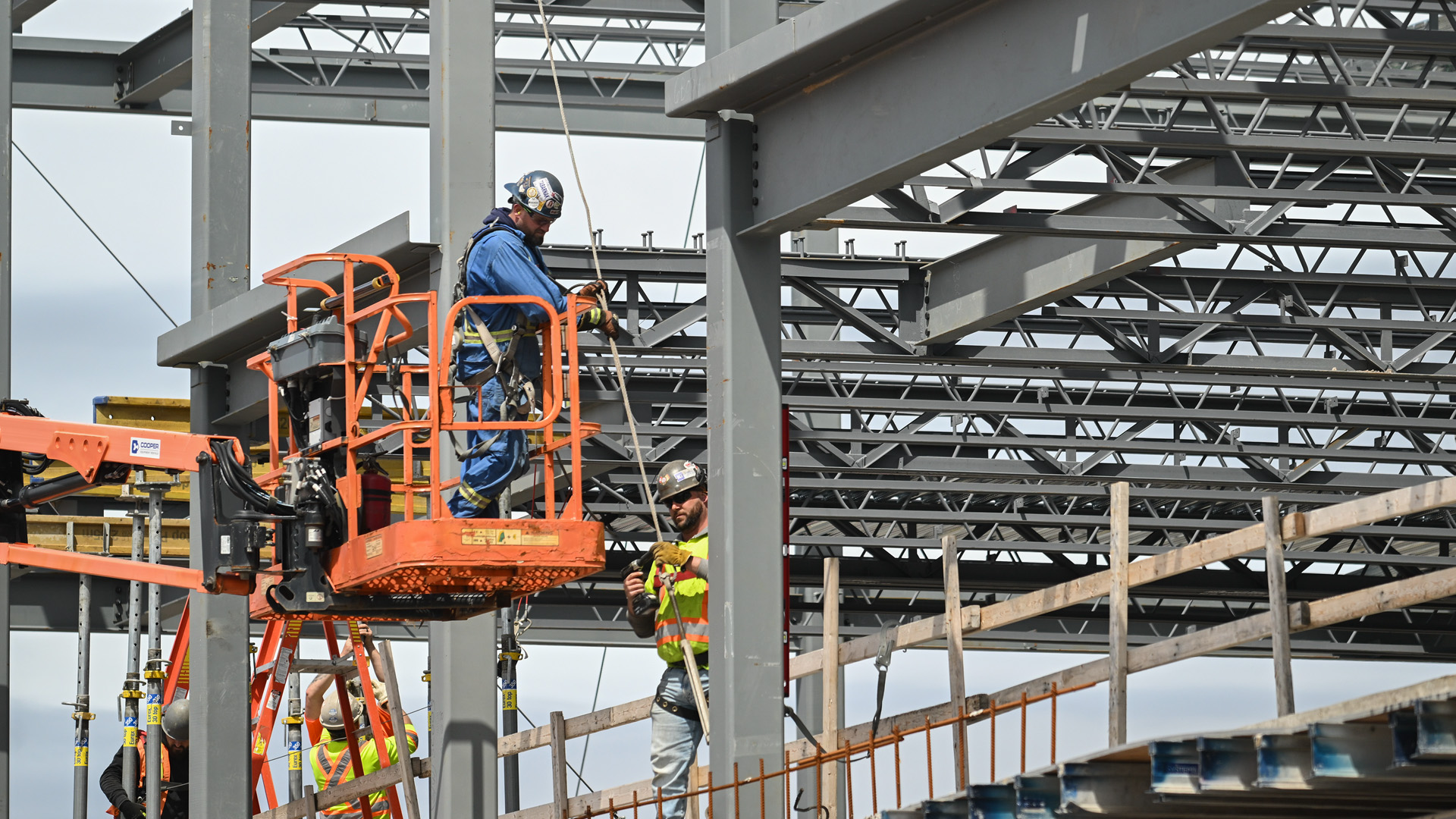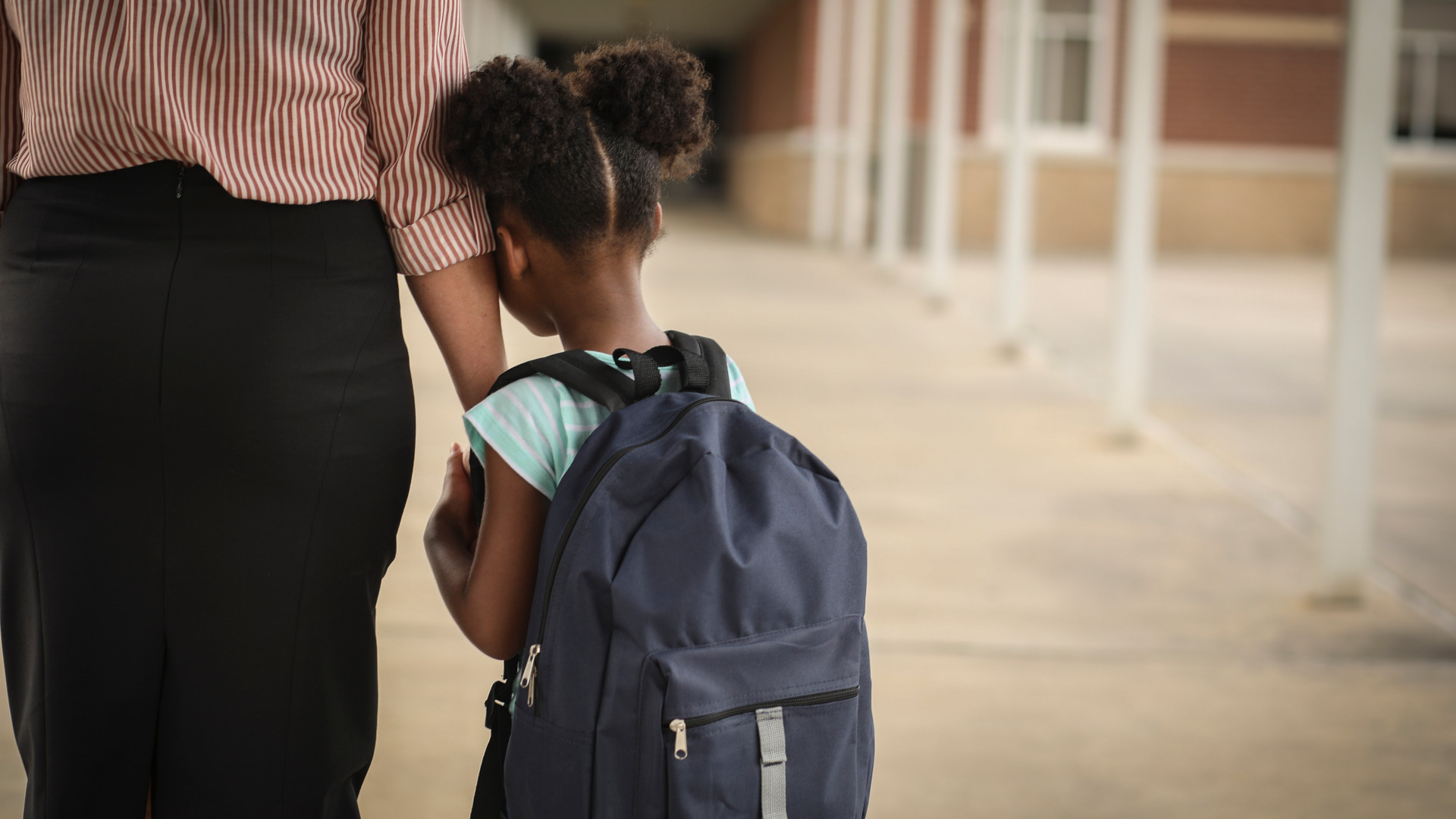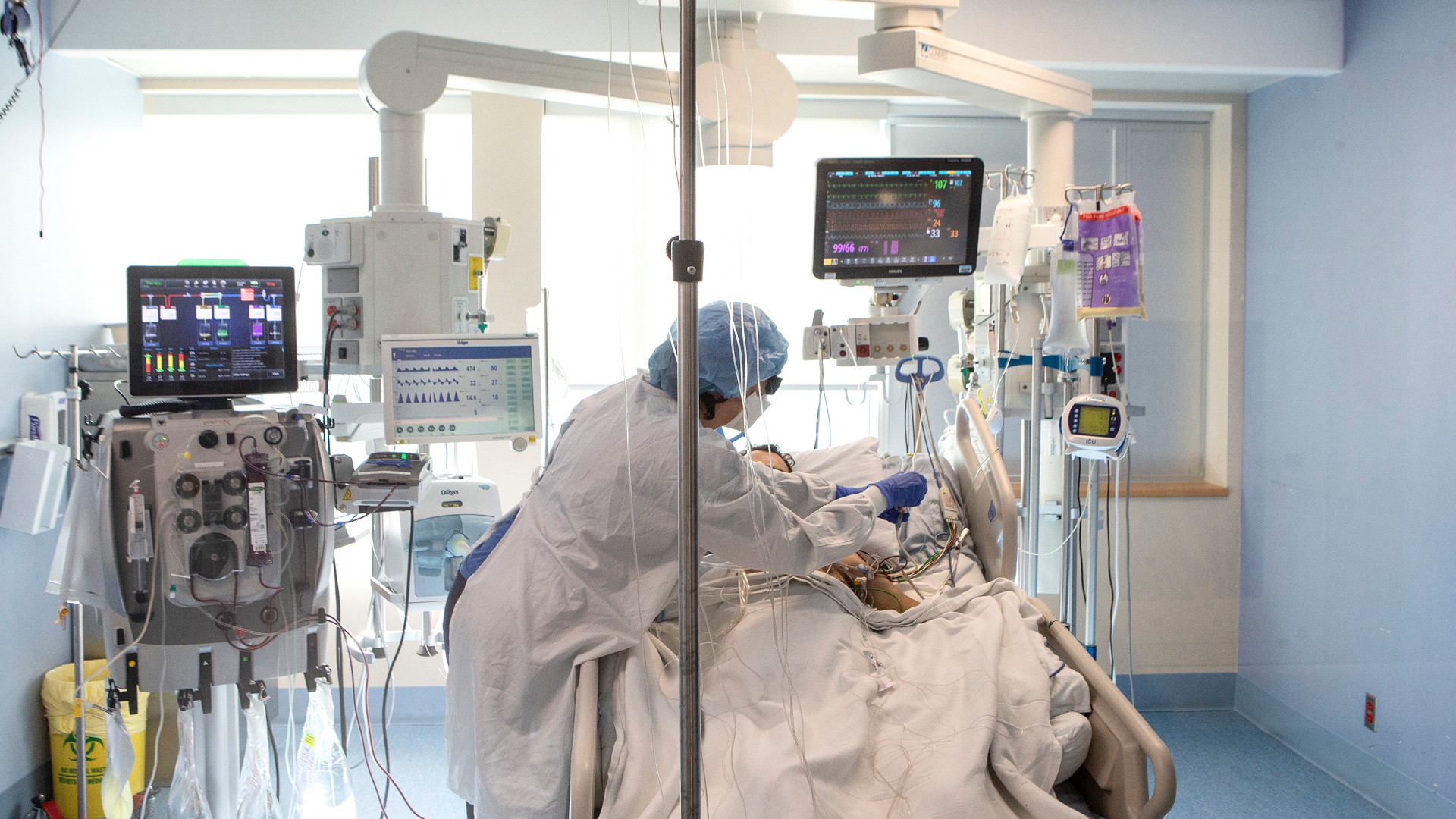
Let me begin by reading some com- ments I found in newspaper edito- rials shortly after September 11th.
The first one I read denounced, and I quote, ”œA few men seeking to achieve goals regardless of the consequences to innocent people.” It went on to say, ”œthis society has every right””indeed a duty””to fight back any attempt at wild and irrational behaviour designed to undermine its foundations.” The sec- ond one said, ”œThe hunt is on for cold- blooded murderers. It must go on, and spread around the world, 24 hours a day and seven days a week.” And then the editorial included this phrase: ”œchasing bloodthirsty terrorists out of their hellholes.”
And one last one: ”œIt is important above all to remain calm. No one can overcome a people against its will. The strength of the terrorists lies in co- operation from the population.”
As I said, I saw these editorials in Canadian newspapers just after September 11. But they weren’t writ- ten then. No, they were written three decades ago. October 1970. The FLQ crisis. As you know, it was a very tense time in this country, so tense the gov- ernment chose to impose the War Measures Act. There were soldiers and tanks in the streets. We didn’t feel safe. We didn’t know what was going to happen next. The world seemed turned upside down. Looking back from this safe distance it all seems pretty tame now. One person killed, hundreds of people arrested, though most in custody for just a few days. But listen to those editorials: ”œSociety must fight back,” ”œBloodthirsty terrorists,” ”œRemain calm.” We were scared, all right. And we had every right to be. Our security had been attacked. Our values had been attacked. Last September we were scared too. And we had every right to be. Our security had been attacked. Our values had been attacked.
Now, there are obvious differences between 1970, and what happened four months ago. The numbers of course. It is still barely comprehensible that more than 3,000 human beings were slaughtered on September 11. The nature of the killers. So much more sophisticated now in terms of resources and organization than the ragtag hooligans who improvised as they went along a generation ago.
For journalists, for all of us, there are lessons from 1970. The most obvi- ous””we got through it. But there is also something to be learned about running on emotion. In 1970, when the government imposed the War Measures Act it took away the civil lib- erties of Canadians, and most of us approved. The polls said more than 85 per cent of Canadians thought the government was right to do what it did. The last thing I want to do this day is enter into a debate about whether the War Measures Act was right or wrong. I simply want to remind you that history has not endorsed what the government did with the same enthusiasm. So now, when polls again indicate significant majority support for tough measures that affect our civil liberties, we shouldn’t be surprised. And though it is possible that Canadians will always be strongly supportive on that front, it’s just possible that time will change things.
But even if it never changes, our society demands that we respect the right of people to dissent from the majority view. A little more than a week after September 11, we had a national town hall on CBC television, and it sparked some controversy. While the majority of opinions expressed that night, the vast majori- ty, were supportive of the United States, some weren’t. Some said that Canada shouldn’t be surprised that the U.S. has enemies determined to inflict severe damage. Some said no matter how hard the U.S. has been hit, it was still wrong to strike back mili- tarily. We knew by past experience that open town halls by their very nature attract people who are anxious to have their opinions heard. Often they are people who aren’t hearing their views expressed elsewhere. So we made sure to contact potential audi- ence members who would reflect the majority, approaching such main- stream institutions as fire halls, busi- ness schools and Legion branches. We also went to local hotels to encourage visiting Americans to attend. And our eight-person panel of experts, journal- ists and political leaders was to be the core ingredient of our broadcast, and most members of the panel spoke overwhelmingly in favour of U.S. actions. Still, we can’t control every- thing, especially in a live broadcast. Nor would we want to control every- thing. So some people stood up and said unpopular things. And some peo- ple in the crowd supported them. Vigorously.
Now, I think most of us agree that dissent should be reasoned and even polite in these excruciating times. But some of what happened at our town hall wasn’t reasoned or polite. Which led some to criticize us for letting those kind of remarks on the air. Well, some of what happened was unfortu- nate but at the same time I don’t think dissenters should be made to cower in dark corners. It is healthy for us as a country to hear what all our fellow cit- izens think. If the majority is right, then surely its arguments will stand up to counter-arguments no matter how they’re put.
As I said, we took some heat for our town hall. The National Post for one delighted in printing what our ombudsman had to say about it. Just the unflattering things of course. And that’s fair game. I’m sure they’ll soon get around to covering with the same delight the debates raging about edi- torial practices within their own organization these days. But I digress. In our year-end poll, we asked, do you think Canadians critical of the war effort should keep their thoughts to themselves or should they speak out? Eighty-two per cent said they should speak out. So, yes, for some we hit a raw nerve that town hall night. But I don’t think that, overall, Canadians want their public broad- caster censoring opinions. We are everyone’s public broadcaster. Not just the majority’s.
Now let me take you back for a moment to day one, to Sept- ember 11. As a journalist, it was a day you had to split yourself in two. There was obviously an emotional compo- nent to the story. We had no idea how many people had been killed, but we knew it had to be thousands. That fact alone would have overwhelmed our intellectual capacity, and paralyzed us if we had allowed it to. So on a per- sonal level, the part of us that under- stood the magnitude of the human tragedy actually had to be pushed away. Each and every time you began to think about all the dead you had to shake yourself and get back to think- ing about the nuts and bolts of televi- sion news coverage. Keep your mind occupied. And there certainly was enough to think about. Four planes. Had they been hijacked? How, why, when, with what, by whom, and with whose help? Where was the President? Why wasn’t he speaking? What defences were being deployed? What about Ottawa? What was our govern- ment doing? We had producers in the newsroom looking for experts on a wide range of topics: airlines, air- planes, airports, high-rises, terrorism, the Middle East, military affairs. Security and intelligence””anyone who could shed some light on what had happened. Our control room was juggling those experts with live events and trying to separate rumour from fact for 44 straight hours.
Now we didn’t get everything right during those chaotic first hours. Our initial draft of history inevitably had some rough edges. I am very cog- nizant of the fact that once words have left my lips, there is no retriev- ing them. I cannot erase them before you hear them. But still, misinforma- tion slips out. And it did that day. We had planes crashing in places they didn’t. Bombs going off in places they didn’t. Too much speculation crept into our reporting on a day on which there was enough fact alone to deal with. But a lot of other information that proved to be wrong did not get on the air because smart people made sure it didn’t.
Aside from trying to determine the facts, we also had to make some instant decisions on matters of taste. Some viewers were complaining that we were showing the videotape of the airliners crashing into the towers too often. Initially we ran the tape because what had happened was unbelievable. You had to keep seeing it to believe it. It was horrifying, it was gripping, it was real. Then we had to run it for viewers just joining us in Western Canada where, after all, it was very early in the morn- ing when the planes hit. There was also footage, terrible images, of people jumping from the upper floors of the Twin Towers. We decided those images were so disturbing, so raw, that we stopped airing them very quickly. After the second day, we also stopped run- ning that videotape of the jets slam- ming into the buildings. We didn’t stop entirely. But our use became much more judicious.
Some viewers still complain on the rare occasions when we run them now. And I can understand their discomfort. But I don’t think we should bury those pictures. Pictures are facts. And the more horrifying the event, the more important the pictures. In 1945 when the Allies made their way into Nazi concentration camps, and when they saw the unspeakable barbarity and the ghastly cruelty, Dwight D. Eisenhower knew in an instant what he had to do. He had to go to the camps personally. And so he did. And he said, ”œI visited every nook and cranny of the camp because I felt it my duty to be in a posi- tion to testify first-hand about these things, in case there ever grew the belief or assumption that the stories of Nazi brutality were just propaganda.” But Eisenhower realized that no one lives forever. And so he did one more thing. He ordered military cameramen to film the camps, to document the evil, so that their existence could never be denied. I am not for a moment comparing September 11 to the Holocaust. But I am saying that it is our duty to document what happened, and we should not shy away from disturb- ing pictures when there is a valid edi- torial reason to run them.
What of our war coverage? I hope some of you saw our program ”œVoices of war.” We put 12 of our cor- respondents, producers and camera operators on the air to talk about their experiences covering the war. Among them, those 12 have covered more than 80 wars. They have been arrested, robbed, held by bandits, threatened by gunmen and chased by people with machetes. They have come under rock- et attack and faced gunfire. So I have plenty of respect for them. In the pro- gram with them we tried to give our viewers an understanding of the condi- tions they work under. But we held back a bit. We didn’t tell our viewers how our operation differed from some of our colleagues’, like the BBC, CNN or the major U.S. networks. Our people lived in tents in some cases, or in small rooms without heat or running water. CNN rented an entire floor of a hotel. The BBC, Britain’s public broadcaster I remind you, actually built housing for their people. Our people travel from place to place as best they can in regu- lar vehicles. The bigger networks have armoured trucks and they hire military security to protect them and advise them on where travel is safe and where it isn’t.
But we have all long understood that CBC is not the largest news organ- ization on the planet. And we don’t moan about that. I think we have become very smart about how we use our resources. All those decades-old stories about waste at CBC News are just that, decades-old stories. As a case in point, on a broad scale, the hour I anchor operates with half the budget and half the staff it did ten years ago. Our correspondents, like Patrick Brown, often work alone, often do everything from shooting to editing as well as writing and reporting. In both English and French to both radio and television. That’s four different net- works. And at the end of the day I would be happy to stack up their coverage of the war against anyone’s. Talk to our senior European correspondent, Don Murray. He was in Afghanistan for four weeks. Here’s what he says: ”œOne of the guiding principles that I trytofollowwhenIgotoawaristo ask ”˜how does this affect people?’ It’s easy enough to get caught up in the shooting and the excitement of seeing things explode, but it doesn’t tell any- body anything about what is exactly happening. It overlooks the key to this and that is that people are suffering immensely.”
The events of September 11 shook the media out of a long period of pursuing schlock and calling it news. I think we were less guilty of that than others, and for us, doing real news wasn’t as strange as it was for others. We have always been committed to the real thing. And I pray we always will be. There was some hope that per- haps all North American networks would take their responsibilities more seriously now, but I wouldn’t hold my breath. In the United States, the presi- dent of NBC News explained the recent slide in ratings for the Today Show, a huge profit centre for NBC by saying, ”œwe stayed in the war game too long.” Well, to him I would say, it isn’t a game. And I would also say you can’t turn away from a war to cover a one- inch snowfall in Atlanta, divorces among movie stars, or the rise of café latté at Starbucks and believe that you are really providing a valuable service to the citizens of your country. Viewers””and I might add newspaper readers””have to take some responsi- bility for the media wandering off the important for the titillating. After all, if no one watched or read the eye candy, the media wouldn’t pursue it. If you get bored by serious news, then absolutely, choose those outlets that blather on about frivolity. But don’t complain, as some did, on September 11, that they had no idea what the Taliban was up to, who Al Qaeda was, what had happened to Afghanistan. That’s hypocrisy. Viewers who had been watching our network wouldn’t have said those things. In the year before September 11 we’d been back to Afghanistan, profiled Osama bin Laden and Al Qaeda, and covered the Taliban. Even as planes were flying into the towers, our Terrance McKenna was in the midst of producing a major documentary on how Al Qaeda had operated in Canada. Within hours Carol Off and Brian Stewart were put- ting together documentaries investi- gating the roots of Al Qaeda, the con- nection between the CIA and the Taliban, and the military and diplo- matic land mines ahead. All these aired on the CBC in those first days while other networks were still caught up in the emotion of Ground Zero. And only that story. We of course did- n’t ignore that angle but we were also trying to put the big picture in some context””something a number of U.S. networks applauded us for as they picked up our broadcast and ran it nightly for weeks after September 11.
You know, we all ought to have learned in the past few months what news really is. Remember when the first Survivor series was on TV? Remember all the news programs that did stories on it? Remember when newspapers ran stories on their front pages? Some of us cringed. No matter what some editors said, that was not news. I can perhaps make my point more clearly by asking you an old riddle: If you call a horse’s tail a leg, then how many legs does a horse have? You might say five. I would say, no, four. You might call a tail a leg but it’s still a tail.
Let me leave you with one more thought. If it strikes you that I’m the chief correspondent for the public broadcaster in this country, so per- haps I shouldn’t be worried about how others practice journalism, then let me explain why I do care. There’s an old Jewish folktale about a wicked city. A righteous man arrives there one day, takes a look around and con- cludes that things are out of hand. So he begins telling people to repent. Everyone ignores him of course, but the more they ignore him, the louder he calls for repentance. One day, a young boy comes up to him and asks, ”œWhy do you keep yelling at people to change their behaviour? You’ve been here a long time. Not one per- son has paid even the slightest atten- tion to you.” And the man answers, ”œWhen I first arrived, I hoped my yelling would change these people. Now I yell, so that these people don’t change me.”
These are notes for a talk delivered to the IRPP in Toronto, Jan. 9, 2002.







